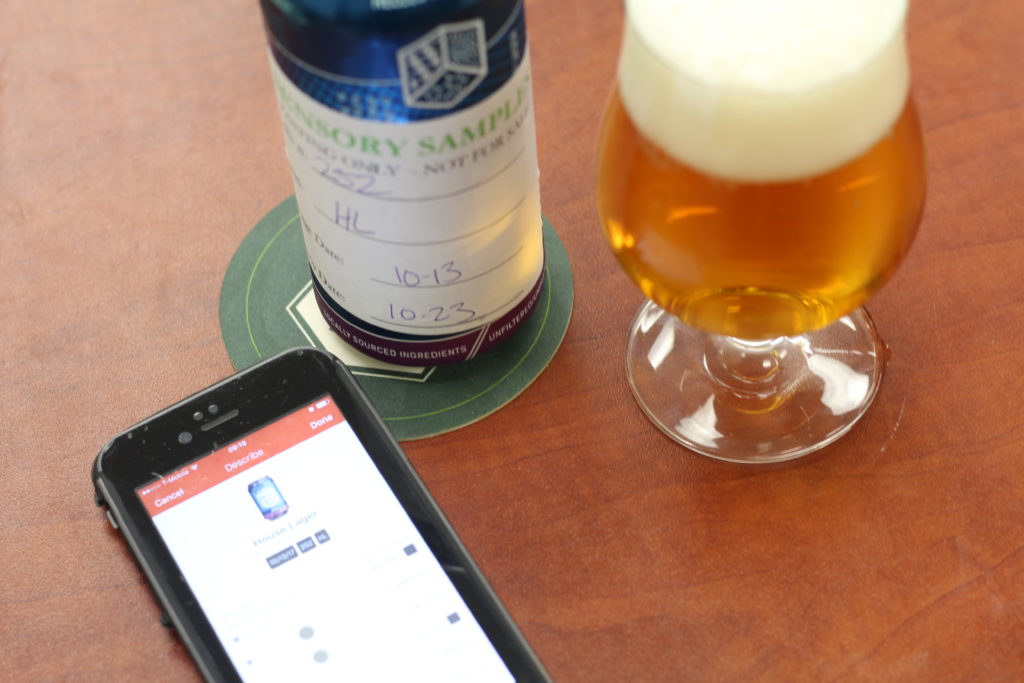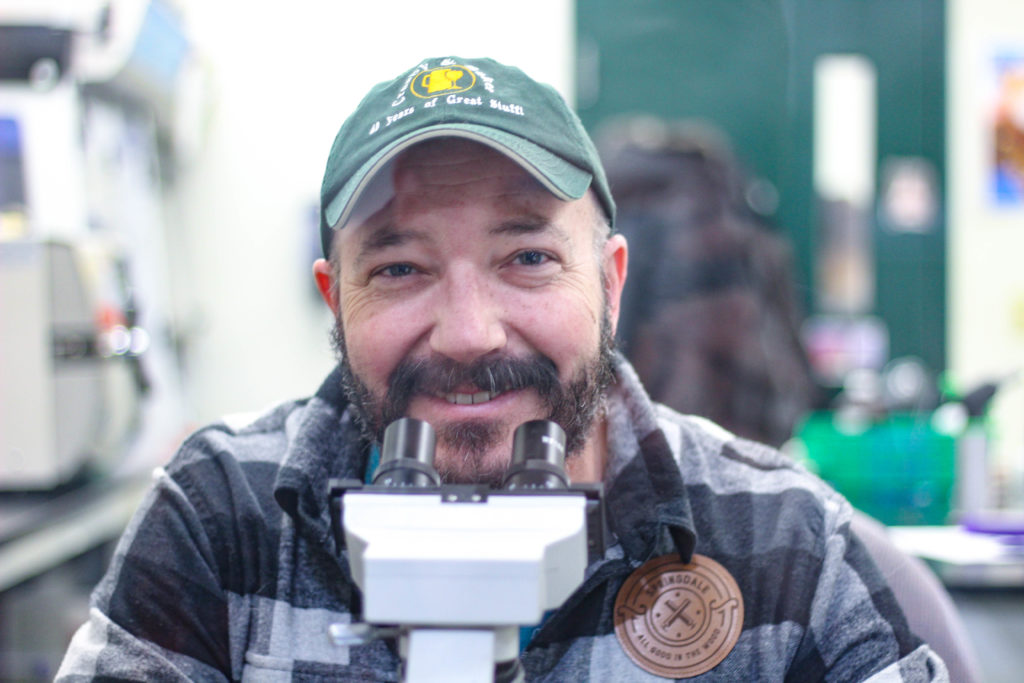Commitment to Quality
I have spent an overwhelming majority of my 25 years in the craft brewing industry working for small production breweries and brewpubs. In my experience, the word “quality” at small breweries over the years was not so much a concept as it was a synonym for the word “good”. And the term “quality control” generally referred to what the brewing team was doing when sharing a couple post shift beers. Recently, there seems to be a greater understanding of some of the QA/QC (Quality Assurance/Quality Control) concepts in small craft breweries. That being said, there is a big difference between understanding the concepts and fully committing to the program. To be fair, some smaller craft brewers don’t have the resources to invest in a significant quality program. Furthermore, many craft brewers don’t have the time to spend on ensuring quality as the brewer, cellerman, packaging technician, and marketing lead are often the same person.
Jack’s Abby and Springdale have made a full commitment to quality. Hundreds of thousands of dollars have been invested into laboratory equipment as well as human resources in order to ensure that the product that makes it to the consumer is clean, consistent, shelf stable, and meets our extremely high quality standards. We produce nearly 50,000 barrels a year and are launching in our ninth state. With that much beer reaching that many people, we must be confident not only that the beer leaving our loading docks meets our quality standards, but that we have a very strong quality assurance program in place to ensure the processes leading up to shipping produce the best beer possible.
We have three full time QA/QC employees at Jack’s Abby/Springdale. On a daily basis we:
- Test wort and beer for dissolved oxygen
- Perform yeast cell counts to determine accurate yeast pitching rates
- Run packaged product through an alcolyzer to determine alcohol, caloric content and density
- Take pH readings
- Run a PCR test for beer-spoiling microorganisms
- Perform forced fermentations to determine what a beer’s final gravity should be
- Collect sterile samples of beer from fermenter to packaged product to plate on media and check for microbial growth
- Test for color, head retention, turbidity, and IBUs.
We are also charged with overseeing our sensory analysis program, performing monthly staff-trainings on quality, and troubleshooting any potential quality issues that arise in the brewery.
There is no shortage of options out there for the consumer in today’s marketplace. We may only have one chance to prove to a new customer that Jack’s Abby/Springdale beer is worthy of their hard earned dollars and we want to reward that customer with the best beer we can possibly produce.
I am extremely fortunate to be working for a company where “quality” is the foundation upon which our brewery was constructed. I strive to learn something new each and every day and am dedicated to putting that knowledge to work in the name of continuous quality improvement.
Cheers!
-Jeremy Cross, Quality Manager











Hi jeremy ! Nice share in quality control
Is it true that in today's lager beer world, that white-label lagers are starting to dominate the market and catch-on in popularity?
(E.g. White-Label = is the same lager beer formula in a different can with a different brand – An example is Minhas Brewery.)
Do you think there is some revenue for the white-labeller in the lager industry or is it all hype?